Migraine
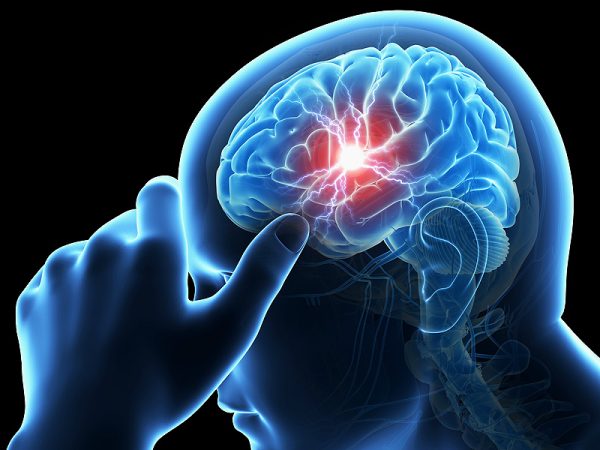
A migraine is a throbbing, intense headache in one half of the head. It can affect people of all ages. The cause of migraine is not known. It used to be thought that during an attack, the blood vessels in the brain dilate and then draw together with stimulation of nerve endings near the affected […]
Insect Bite

Most reactions to insect bites and stings are mild, causing little more than redness, itching, stinging or minor swelling. Rarely, insect bites and stings, such as from a bee, a wasp, a hornet, a fire ant or a scorpion, can result in severe reactions. Some insects also carry disease, such as West Nile virus. For […]
Hypothermia
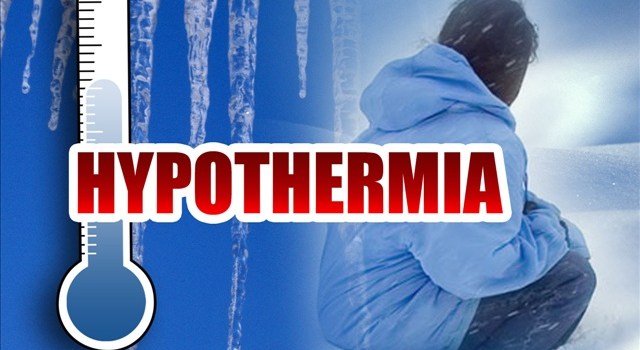
Call an ambulance if you suspect hypothermia Symptoms of hypothermia in adults and children include: Confusion, memory loss, or slurred speech Drop in body temperature below 95 Farenheit Exhaustion or drowsiness Loss of consciousness Numb hands or feet Shallow breathing Shivering In infants, symptoms include: Bright red, cold skin Very low energy level Restore Warmth Slowly Get the person […]
Heat stroke

Heatstroke is a condition caused by your body overheating, usually as a result of prolonged exposure to or physical exertion in high temperatures. This most serious form of heat injury, heatstroke can occur if your body temperature rises to 104 F (40 C) or higher. Heatstroke requires emergency treatment. Untreated heatstroke can quickly damage your […]
Heart Attack

Symptoms of Heart Attack Chest discomfort that may last more than a few minutes or go away and come back. It may feel like squeezing, fullness, pressure, or pain. Pain or discomfort in the upper body, including arm, left shoulder, back, neck, jaw, or below the breastbone. Difficulty breathing or shortness of breath (with or without chest […]
Foreign Body Eye
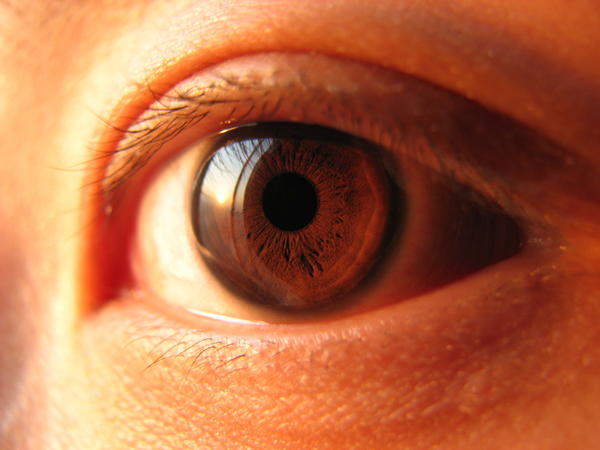
Remove Foreign Body Don’t try to remove a large object or one that is deeply stuck in the eye. For small particles or something under the upper eyelid: Clean around the eye with a wet washcloth if there are many particles. Rinse the eye with a saline solution or clean water. Or place the affected […]
Food Poisoning
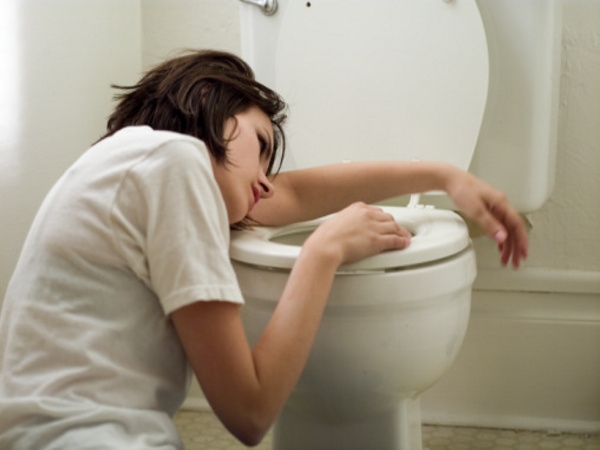
Control Nausea and Vomiting Avoid solid foods until vomiting ends. Then eat light, bland foods, such as saltine crackers, bananas, rice, or bread. Sipping liquids may help avoid vomiting. Don’t eat fried, greasy, spicy, or sweet foods. Don’t take anti-nausea or anti-diarrhea medication without asking your doctor. They may make some kinds of diarrhea worse. Your doctor may give you anti-nausea medication […]
Fever in Adult
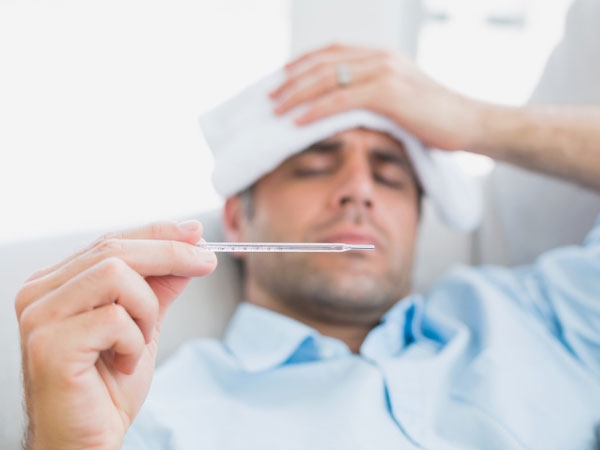
Take Temperature Temperature can be taken orally, rectally, or under the armpit. A person is typically considered feverish if oral temperature is above 100 F (37.8 C) or rectal temperature is above 99.5 F (37.5 C). Temperatures measured under the armpit are not considered as accurate and can be as much as 1 degree F lower […]
Electric Shock
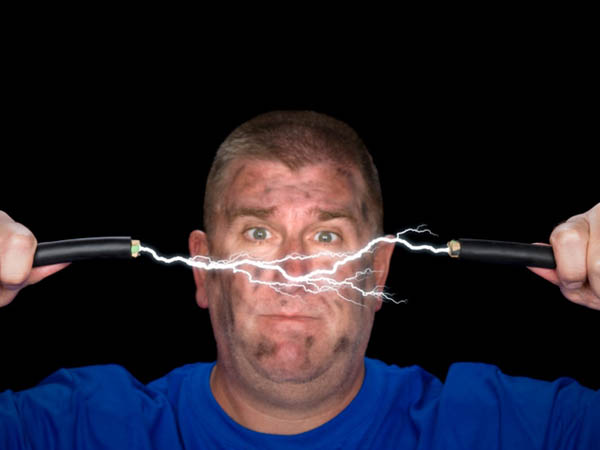
Separate the Person From Current’s Source To turn off power: Unplug an appliance if plug is undamaged or shut off power via circuit breaker, fuse box, or outside switch. If you can’t turn off power: Stand on something dry and non-conductive, such as dry newspapers, telephone book, or wooden board. Try to separate the person […]
Diarrhea
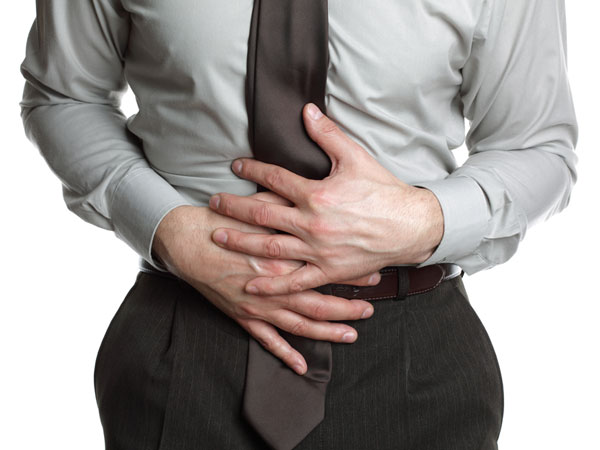
Diarrhea Take Fluids Ask your doctor what fluids are best for you or your child. Here are some basic tips: Give an adult plenty of ORS, Dub water. Avoid milk or milk-based products, alcohol, apple juice, and caffeine while you have diarrhea and for 3 to 5 days after you get better. They may make diarrhea worse. Give a […]
